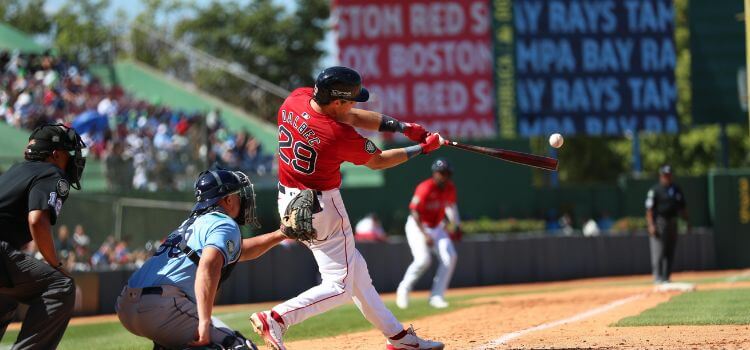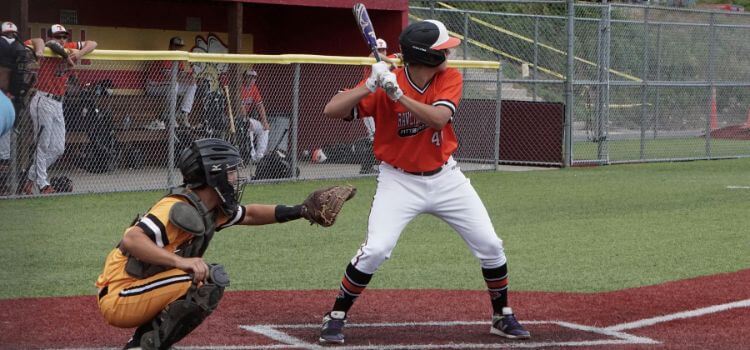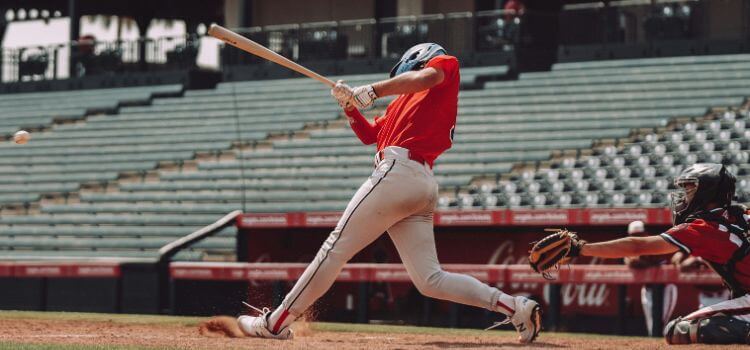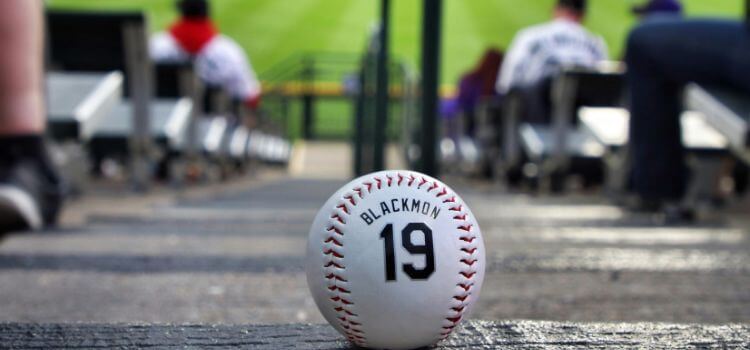As an Amazon Associate, I earn from qualifying purchases.
When it comes to identifying potential baseball stars, scouts play a pivotal role. Their keen eyes and extensive knowledge help teams evaluate and select players who have the potential to succeed at higher levels. Understanding what baseball scouts look for provides a window into the essential qualities that can set players apart. Scouts look at a broad range of characteristics from physical skills to mental fortitude to determine a player’s true potential.
Hitting Skills

Bat Speed and Power
Bat speed and power are often at the top of a scout’s checklist. A fast swing allows players to make contact with the ball more effectively, while power provides the ability to hit balls deep into the field, potentially leading to home runs. Scouts look for a player who can generate high exit velocity, as it indicates an ability to hit the ball hard consistently.
Hand-Eye Coordination
Good hand-eye coordination is particularly critical for any hitters, as it significantly allows them to track the ball and make contact accurately. This skill is observed closely by scouts, as it translates into consistent hitting. Players with exceptional hand-eye coordination can react faster to different pitches, making them more adaptable at the plate.
Swing Mechanics
A smooth and efficient swing is essential. Scouts evaluate a player’s swing mechanics to ensure they aren’t wasting energy or losing control. This includes assessing the grip, stance, balance, and follow-through. A clean, repeatable swing not only increases hitting success but also lowers the chance of injury over time.
Fielding Abilities

Arm Strength
A player’s arm strength is crucial in positions where throwing accuracy and distance are necessary, such as pitcher, outfielder, or shortstop. Scouts measure arm strength to determine how well a player can make strong, precise throws across the field. Having a powerful arm is particularly advantageous in high-stakes situations, where quick throws make all the difference.
Fielding Range and Agility
Scouts pay close attention to a player’s fielding range—their ability to cover ground quickly and field balls from different angles. Agility is a major factor here, as it allows players to get into the right positions and execute plays cleanly. Fielding range is especially crucial for infielders, who often have to cover large areas in a split second.
Glove Work and Soft Hands
For defensive positions, glove work is highly valued. Scouts look for players who can properly iconic handle insight into the ball smoothly without bobbling, known as having “soft hands.” This is essential for infielders who need to transition the ball quickly from glove to hand to execute fast plays. Good glove work minimizes errors and demonstrates control and finesse.
Pitching Prowess

Pitching Velocity and Command
Pitchers with high velocity are appealing, but scouts also look for command, which means the ability to throw the ball accurately in the strike zone. A fastball may be powerful, but without accuracy, it can lead to walks and missed opportunities. Velocity combined with command makes a pitcher much more effective on the mound.
Pitch Variety and Movement
Having a repertoire of pitches—such as fastballs, curveballs, sliders, and changeups—gives pitchers an edge. Scouts evaluate how well a pitcher can control each type and vary their use throughout the game. Movement on pitches, like a breaking ball’s curve, can make pitches harder to hit, giving pitchers a strategic advantage.
Mental Toughness
Pitching requires a unique kind of resilience. Scouts look for pitchers who can remain calm and composed, even when facing tough situations. Mental toughness often becomes evident in high-pressure scenarios, where pitchers must rely on their training and instincts to succeed.
Base Running Skills

Speed and Acceleration
Speed based on an ethical ways approach can be a game-changer. Scouts look for players with excellent speed and acceleration, as these traits help players steal bases, advance quickly, and score from more challenging positions. Base running speed also translates to defensive range, making it a valuable skill for both offense and defense.
Instinct and Decision-Making
Base running isn’t just about speed; it’s about timing and smart decision-making. Scouts pay attention to how well a player reads the game, such as knowing when to advance or hold back. Quick, strategic decisions can significantly make the difference between the scoring opportunity and also an out, making this an essential critical skill.
Mental and Emotional Attributes

Coachability
Scouts look for players who are open to learning and can adapt quickly. Coachability reflects a player’s willingness to work on their skills and make improvements based on feedback. A coachable player is likely to fit into team dynamics more effectively and show consistent progress.
Work Ethics and Discipline
A strong work ethic is a defining characteristic of successful players. Scouts assess whether players are willing to put in the effort required to reach the next level. Discipline and commitment are essential, as baseball demands relentless practice, physical conditioning, and mental focus.
Competitive Drive
Competitive drive is the fuel that keeps players pushing forward, even when faced with challenges. Scouts want to see players who aren’t afraid to compete, who take pride in their performance, and who view every game as a chance to improve and succeed. This drive can often be the factor that sets a player apart from others with similar physical abilities.
Physical Conditioning

Athletic Build and Strength
Physical conditioning is critical in baseball, where strength and endurance are often deciding factors. Scouts evaluate players’ build, particularly looking for a balance of strength and agility. Being in peak physical shape can reduce the risk of injury and improve performance.
Flexibility and Agility
Flexibility and agility allow players to respond quickly to fast-paced situations, which are common in baseball. Scouts look for players with the flexibility to stretch, reach, and pivot, especially in positions like shortstop or third base where sudden movements are essential.
Endurance
Endurance is the capacity to stay consistent and focused over long games and an extended season. Baseball scouts appreciate players who maintain a high level of performance throughout a game and show resilience, even as they get tired.
Conclusion
In the end, baseball scouts look at a combination of physical skills, mental attributes, and emotional resilience to determine whether a player can excel at higher levels. Each skill set is vital, contributing to a player’s overall potential and adaptability on the field. By focusing on the characteristics above, players can better understand what scouts seek, and ultimately improve their chances of standing out in competitive baseball.
As an Amazon Associate, I earn from qualifying purchases.
Leave a Reply